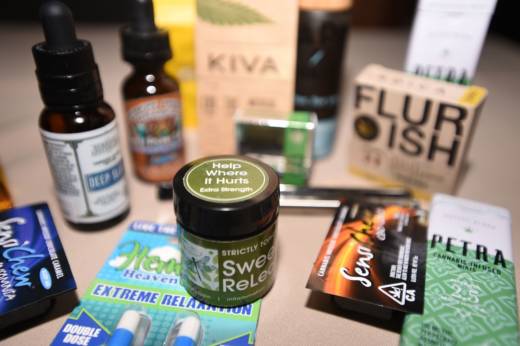In a statement, the state Bureau of Cannabis Control gave no indication it would consider rolling back the deadline.
“We issued our emergency regulations back in November, and at that time we were pretty clear about the fact that there would be a six-month transition period for retailers to use up their existing supply. We felt that was a sufficient amount of time to deplete stock on hand and adapt to California’s new rules,” agency spokesman Alex Traverso said in an email.
The regulations are being phased in six months after the state broadly legalized marijuana and required that pot sold after Saturday meets strict quality standards. With the deadline approaching, retailers have been unloading untested inventory at bargain-basement prices.
The rollout of the nation’s largest legal pot market has been bumpy at best. The black market is still flourishing, and the industry complains about taxes that can approach 50 percent in some areas.
Others fear a shortage of retailers for both adult-use and medicinal marijuana could shut down the supply chain, stranding growers with mountains of unsold pot.
California is operating under temporary regulations, while the largest city, Los Angeles, has been slow to issue licenses.
The change in rules was part of the state’s decision to allow the industry to get a running start at the beginning of the year. Shops were given six months to burn through supplies of cannabis and edibles produced without strict testing requirements.
Any marijuana harvested this year, or for sale July 1, must meet quality and safety standards or be destroyed.
The letter depicted an emerging industry that is struggling to find its footing.
The group said the 30 licensed labs that would test pot would be unable to handle demand, resulting in a shortage of products on shelves. A system intended to track plants from seed to sale has been delayed. And packaging companies are not ready to meet the new rules.
“Customers and patients will turn to illicit market retailers and delivery services who will still have an abundance of products for sale. Licensed retailers will be forced to shut down,” the letter said.
The businesses and advocacy groups that signed the letter represent a fraction of the state’s legal marketplace. For example, over 3,300 cultivation licenses have been issued, and there are more than 400 licensed retailers.
___
Associated Press writer Brian Melley contributed to this report.
